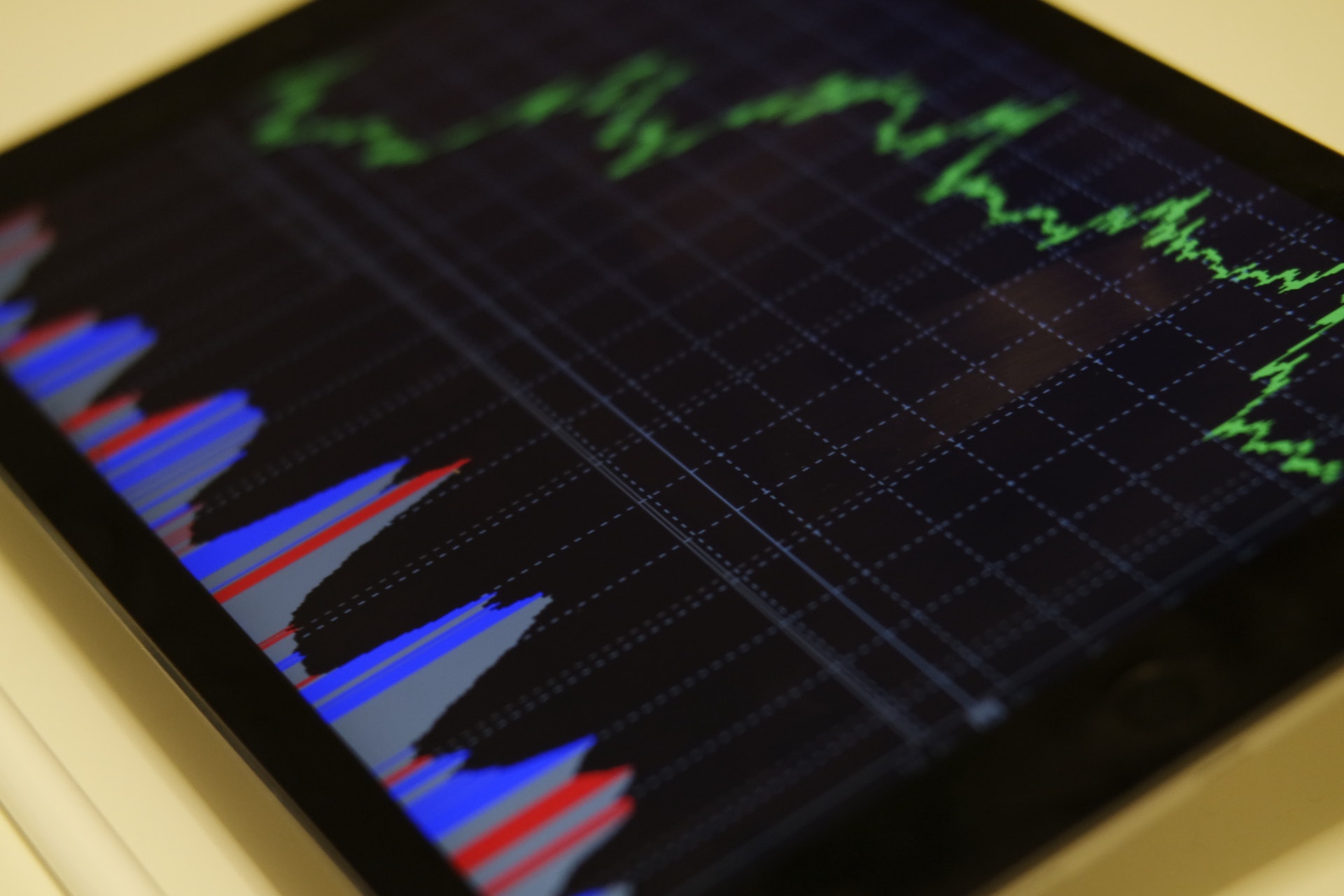Macro research studies the overall economy, and the market systems are operating on a large scale. It explores the economy-wide phenomena such as price levels, inflation, national income, rate of economic growth, gross domestic product (GDP), and unemployment. Macro research measures the overall performance of an economy, what forces manage the economy, and how the performance can be improved.
Understanding Macro Research
As the term implies, macro research looks at the overall scenario of the economy. It also focuses on the performance of the whole economy and its different sectors to understand how the aggregate functions. It includes variables like GDP, unemployment, and inflation. Such models and the forecasts are used by the government to make economic, monetary, and fiscal policies.
Macro research can also help individual businesses and investors make better decisions through a thorough understanding of how economies function, what motivates them, and how to maximize their resources.
Areas of Macro Research
Macro research is a rather broad phenomenon, but two specific areas are representative of this research. The first area determines long-term economic growth or increases in the income knowns as economic growth. The other involves the reasons and consequences of short-term fluctuations in employment and income, also known as the business cycle.
Importance of Macro Research
Macro research usually provides insights into the overall economy, focusing on limiting the effects of the business to achieve the economic goals of growth, stability, and full employment.
- It describes how the modern economic system functions as a whole that determines the level of income and employment, depending on demand and supply.
- It focuses on the economic growth of the country and how to sustain that growth level.
- It helps in bringing stability in price level and analyzing the fluctuations in businesses. It makes the policies to control inflation and deflation.
- It demonstrates factors that determine the balance of payment and suggest remedial measurements.
- With a detailed knowledge of the economy at a macro level, it is easier to coordinate with international economic policies.
Advantages of Macro Research
Macro research is the system that connects the many resources policies, and technologies that make trading and investment success. Without proper macro-management, profitable trading and investment are not possible. Some of the advantages of macro research are given below
- Macro research is highly useful for understanding the various economic ups and downs and then trading and investing wisely
- It helps to estimate the economic variables to make the investment profitable.
- It views the economy as a whole to determine the future market trends in business regarding investment and trading.
- It helps you analyze and predict a particular business performance in the coming years.
How Is Macro Research Helpful in Trading and Investment?
Macro research provides you with the economic and financial updates of the market so that you can safely invest and trade. It will see the right opportunity in the global economic environment to minimize the risk of loss. It mostly focuses on original investment ideas, topics, and themes on the latest developments occurring in the global and financial markets, and across asset classes.
Macro research includes quantitative allocation models, news flow, and current events, giving you a report of the significant economic changes in the market, providing top-down trading and investment opportunities.
Macro research focuses on the big picture of the entire economy, including the roles and relationships of corporations, governments, and households, also the labor and financial markets trying to determine their nature and course. Investors can use macro research in their investment decisions. With the help of macro research, you can make a profit by taking advantage of patterns in economic data such as growth, inflation, and unemployment.




